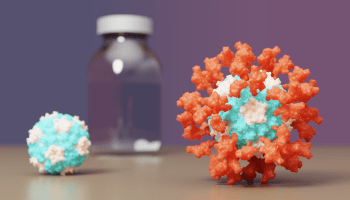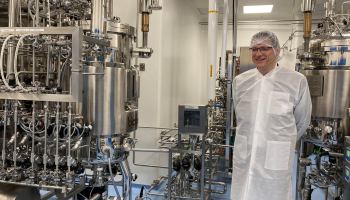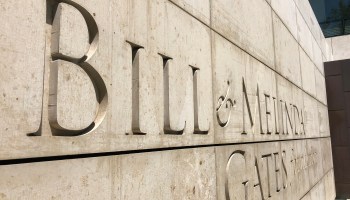
Seattle digital health nonprofit Audere will advance its technology to improve the accuracy of rapid diagnostic tests with $9.35 million in fresh funding from the Bill & Melinda Gates Foundation.
The company’s “HealthPulse AI” open access technology enables global health programs to digitize, interpret and communicate results from rapid diagnostic tests, such as the commonly-used “lateral flow” tests used to detect COVID-19.
The platform functions on low-cost smartphones common in low- and middle-income countries and is not dependent on additional hardware. It is powered by AI models that leverage computer vision and machine learning and adapts to rapid tests for any condition.
Earlier this month, Audere launched an app in South Africa to support the administration and interpretation of rapid diagnostic tests for COVID-19, in partnership with testing company Medical Diagnostech. The COVID-19 app provides instructions, timers and guided interpretation of results. Users can take a photo of their result and the program will also interpret it for them. The test aims to improve results from self-testing and connects the data to government health databases.
The nonprofit, launched in 2018, previously received funding from the Gates Foundation, as well as PATH, FIND, the Aurum Institute, and other global health partners.
“This new grant positions us to cost-effectively scale the technology – essentially turning any camera into a quality rapid diagnostic test surveillance tool – thereby maximizing impact,” said CEO Dino Rech, a physician and former senor program officer at the Gates Foundation, in a statement.
Rech has led Audere since March 2021 and replaced Philip Su, a former Microsoft and Facebook engineer who founded the nonprofit. Audere’s first project was to create software to support the Seattle Flu Study, an effort that includes the use of home test kits to research the spread of the flu.
Audere, a Latin word roughly pronounced “owe-der-ray,” is defined both as “to act boldly” and “be prepared.”



